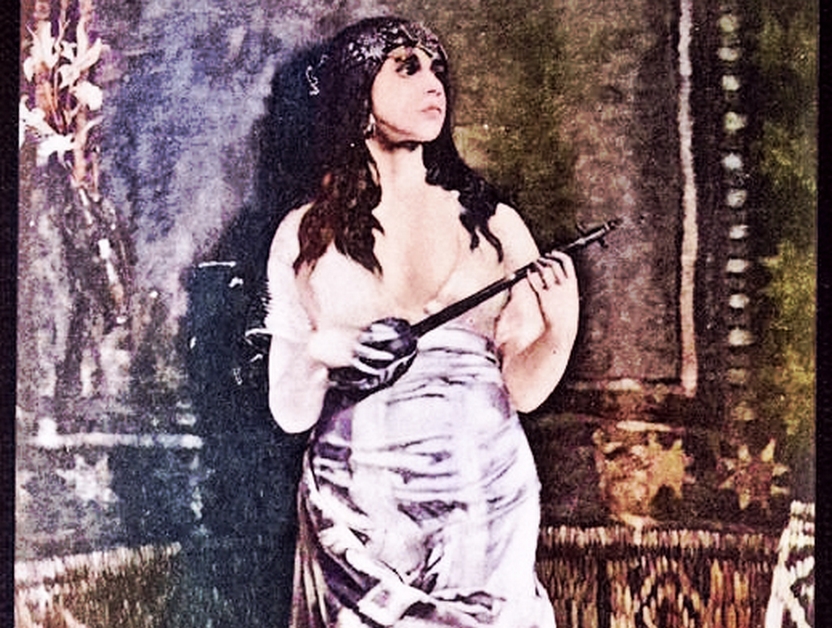The Dvinsk (Dinaburg, Daugavpils) city council (Duma) was a legislative branch of the self-government system responsible for a broad range of issues. Its activities included matters of construction, urban infrastructures, public health, education, social welfare, transportation, economics and finances. The materials in the collection contain various data on the city’s Jewish residents. For instance, through the use of books of the recording of the city population and other similar documents is possible to obtain information about the Jews who lived in the city and the district. From the materials contained in the collection, it is also possible to study the conscription of Jews in the district of Dvinsk, including the conflicts within the Jewish communities connected with conscription. The material also contains evidence relating to the economic contribution of Jews in Dvinsk. The collection contains applications of Jews for the receipt of certificates for doing business, applications for joining the merchant guilds, powers of attorney for the right to conduct business, petitions for departure to the inner provinces of the empire (beyond the Pale of Settlement), books and lists of merchants. Documents from 1844 include petitions submitted by the Jewish victims of the fire in Dvinsk to the local authorities in order to receive loans for the construction of new houses. The material from 1875-1876 relate to elections to the city councils in the Vitebck governorate including lists of voters and Jewish residents --
Динабургская городская дума/Daugavpils pilsētas dome
Enlarge text Shrink text- Archive

| Title |
Динабургская городская дума/Daugavpils pilsētas dome. |
|---|---|
| Contributors |
YakovMovshenzon |
| Notes |
The collection includes copies of selected materials from the collection of the Daugavpils City Council which are archived in the Latvian State Historical Archives (F. 4983). |
| Host Item |
Latvijas Valsts vēstures arhīvs (LVVA), Riga - Copied Material. |
| Level of Description |
Sub-Fonds Record |
| Biographical summary |
After the accession of Latgalia to Russia in 1772, the authorities in Dvinsk had to conform to the laws of the Russian Empire, where city councils (dumas) were established in 1785. Councils were composed of elected representatives of urban estates but were elected only by townspeople who had some income from property. The city councils were dependent bodies and any issues, even the council's meetings, required the approval of the governors. In 1870, reform was carried out. Electoral rights were expanded and the councils became relatively independent. In 1892, in the framework of the counter-reforms of Alexander III, the new city regulations came into effect, which significantly decreased eligibility to vote in the council elections. The councils lost part of their powers and the dependence on the governors was significantly extended. At the beginning of the 20th century, the only Jewish deputy of the Dvinsk city council was Yakov Movshenzon. In 1917 M. Rabinovich was an active member of the city’s municipal self-government (in 1918 he was the mayor of Dvinsk). In January 1919 the district executive committee of the Dvinsk Soviet of Workers' Delegates became the main authority in the city instead of the Dvinsk Duma. |
| Language Note |
Russian |
| National Library system number |
997010474987505171 |
| Links |
פרטים על מיקום החומר/Location&access |
-
-
-
-
-
-
-
-
-
-
-
-
-
-
-
- Show Next 10 Items out of 44
- Show All
-
-
-
-
-
-
תנאי השימוש:
Appropriate Conditions of Use Have Been Established for Every Archive File
The terms of use appear on the archival file page on the National Library website.
For more information about the copyright status inquiry service and terms of use for items from the Library’s collections, click here.
MARC RECORDS
Have more information? Found a mistake?

 Sign in with Google
Sign in with Google
 Sign in with Facebook
Sign in with Facebook




